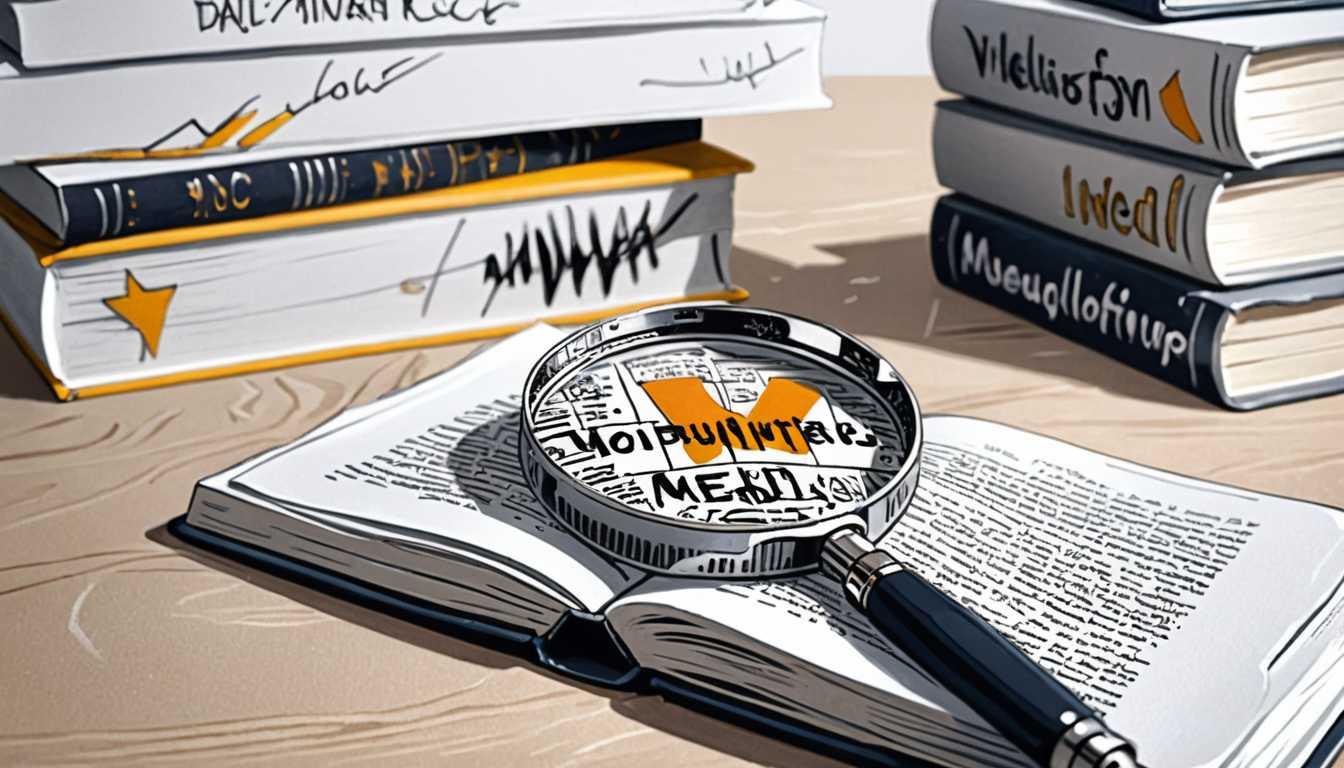Why We Share Fake News
October 2023
Phys Org
Introduction
Ever wonder why your friend believes that coconut can cure COVID-19? A study from NTU Singapore, featured on Phys Org, might have the answer! Researchers found that social media fatigue and a dash of narcissism make people more likely to fall for and spread fake news. Spanning eight countries and over 8,000 people, this study dives into how our brains and egos can trick us into sharing misinformation. Ready to find out why your brain loves juicy, but fake, news? Let’s dive in!
READ FULL ARTICLEWhy It Matters
Discover how this topic shapes your world and future
Navigating the Maze of Misinformation
In today's digital age, social media is a double-edged sword. On one hand, it connects us with friends and family, disseminates news rapidly, and offers platforms for self-expression. On the other, it can be a breeding ground for misinformation, especially among users experiencing social media fatigue or those with narcissistic tendencies. The implications of believing and sharing false information are vast, affecting not just individual perceptions but also public opinion and behavior on a global scale. This topic is particularly relevant to you, as you navigate an online world filled with both information and misinformation. Understanding the dynamics of social media fatigue and narcissism can empower you to critically evaluate the content you encounter and make informed decisions about what to share, shaping a more informed and discerning online community.
Speak like a Scholar
Social Media Fatigue
The feeling of being overwhelmed or exhausted by the constant use of social media platforms, leading to a decrease in the desire to engage with them.
Narcissism
A personality trait characterized by an inflated sense of self-importance, a deep need for excessive attention and admiration, and a lack of empathy for others.
Misinformation
False or inaccurate information that is spread, regardless of whether there is an intent to deceive.
Cognitive Ability
The capacity of an individual to perform various mental activities most comprehensively and quickly, including reasoning, planning, problem-solving, abstract thinking, and learning from experience.
Information Ecosystem
The complex network of information exchange, including the creation, distribution, and consumption of content across various media platforms.
Digital Literacy
The ability to find, evaluate, utilize, share, and create content using information technologies and the internet.
Independent Research Ideas
The Psychology of Sharing
Investigate the psychological factors that motivate individuals to share content on social media, focusing on the role of emotional engagement versus rational assessment.
Impact of Digital Literacy Education on Misinformation
Explore how different levels of digital literacy affect the likelihood of believing and sharing misinformation among teenagers.
The Role of Personality Traits in Information Evaluation
Examine how various personality traits, beyond narcissism, influence the evaluation and sharing of online information.
Social Media Algorithms and User Perception
Study how social media algorithms that prioritize sensational content affect users' perception of information accuracy.
Cross-Cultural Perspectives on Social Media Fatigue and Misinformation
Compare the experiences of social media fatigue and susceptibility to misinformation across different cultures.
Related Articles

Mastering the Feedback Frenzy
October 2023
London School of Economics (LSE)

The Power of Awww: Decoded
May 2023
University of Maryland

Empower Yourself: Fight Online Misinformation!
August 2024
MIT Technology Review

Sharing or Truth? A Social Media Quandary
March 2023
Massachusetts Institute of Technology (MIT)

Zoom: A Socially Anxious Person's Ally?
June 2023
Cornell University